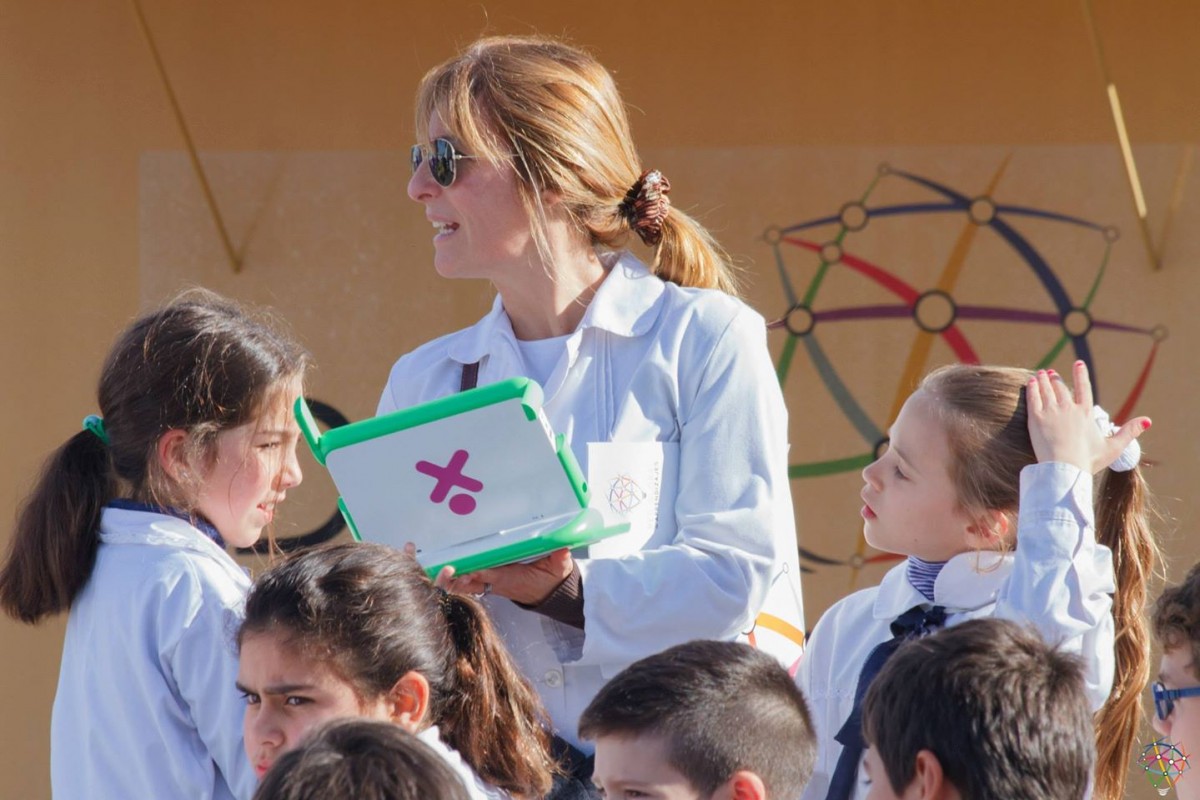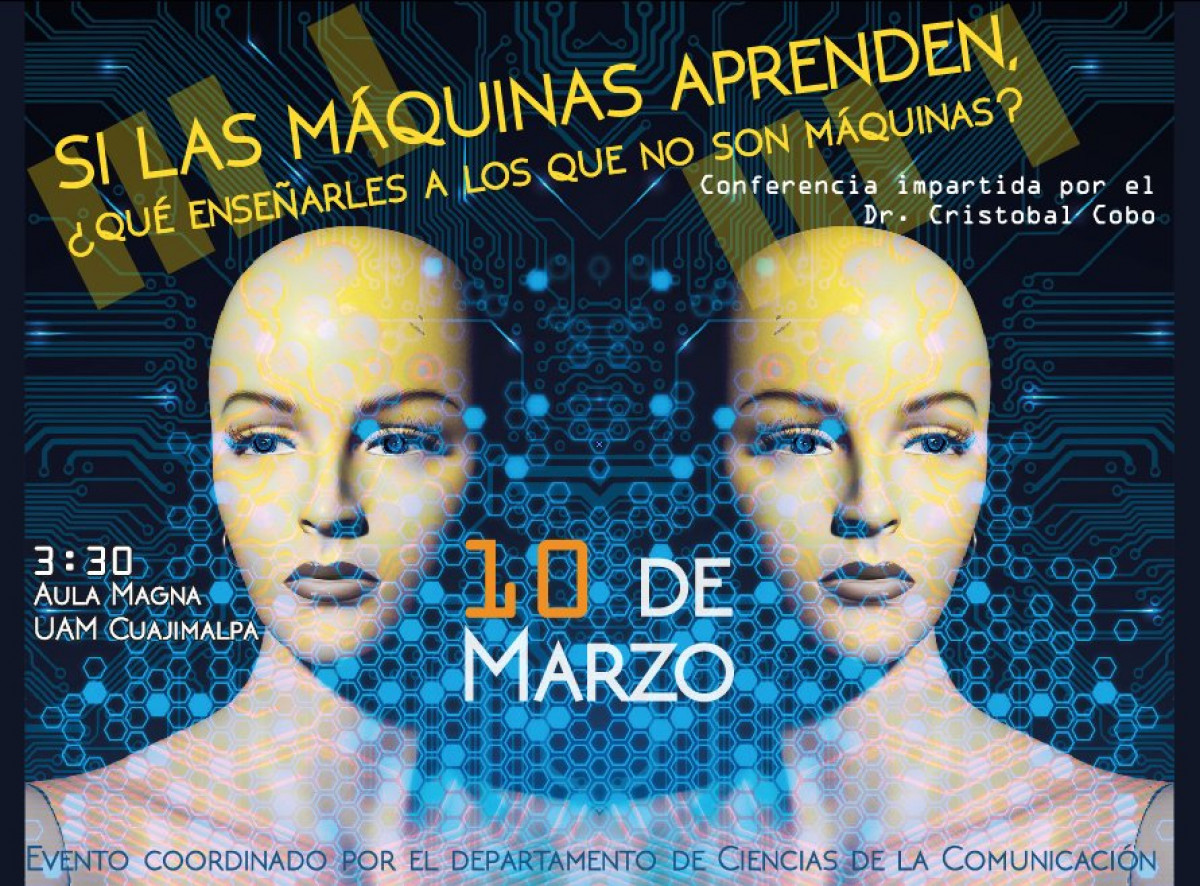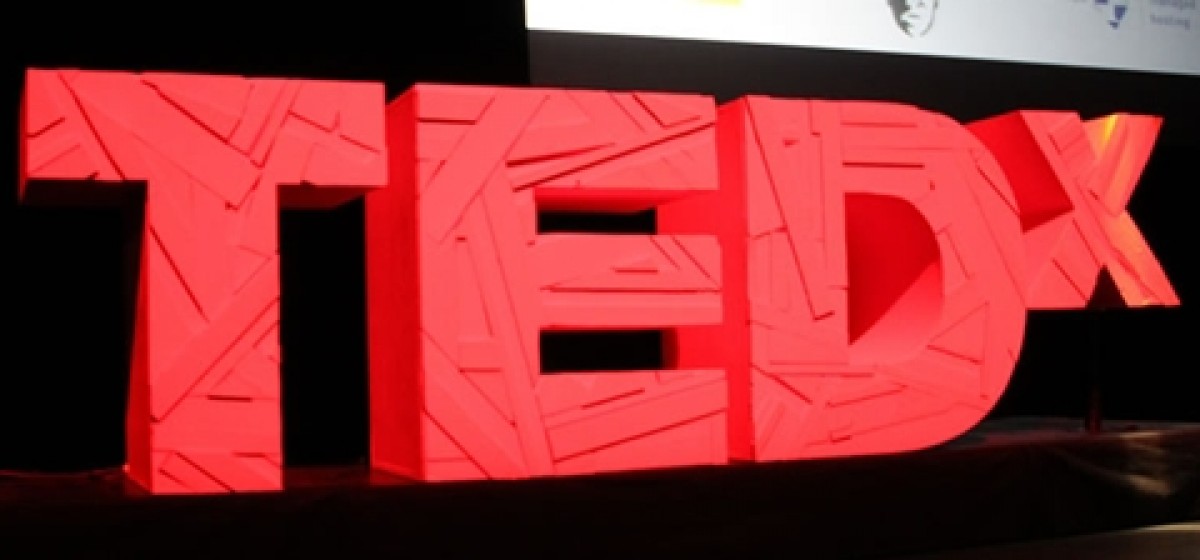Era tiempo ya de publicar un nuevo libro. Esta vez se llama: “La Innovación pendiente: Reflexiones (y provocaciones) sobre Educación, Tecnología y Conocimiento“. En este post adelantamos novedades sobre el making of del libro, el argumento central, público al que va dirigido, su fecha de lanzamiento y otros detalles.
aprendizaje colaborativo
The Massachusetts Institute of Technology hosted the LINC Conference an international gathering of individuals and organizations to talk about and share best practices on current digital learning topics. The LINC event was arranged by MIT’s Office of Digital Learning.The 2016 Conference theme was on Digital Inclusion: Transforming Education through Technology.
Cómo irrumpen o conviven en las aulas tradicionales la enseñanza con la nueva tecnología, sobre todo en países como Argentina? Sea la tecnología que sea, digital o analógica, ésta puede ser bien o mal
“Si las Máquinas aprenden…. ¿Qué enseñarles a quienes no son máquinas?” era el nombre completo de la conferencia.
El 2015 concluye acompañado de una larga lista de buenos proyectos académicos. Algunos de ellos ya concluidos y otros recién arrancando. Durante este año trabajamos con académicos de muchísimos centros de investigación, universidades y agencias interesadas en temas de innovación, big data, aprendizaje, el futuro de la educación y prospectiva tecnológica. La cosecha de este año destaca socios en USA, México, Argentina, Chile, Corea del Sur, Italia, Inglaterra, Perú y Brasil.
Pretty much in every country is increasingly common to identify public policies promoting in one way or another the use of information technologies for education. With different purposes, policies or budgets digital technologies have landed in the world of education and it is very likely they are here to stay. Today, are much popular the voices of those who defend and promote the importance of technologies in education than those who sustain a critical position regarding the use of these tools in education, because the later are discredited as change resistant or reactionary. However not everything is either black or white and the impact of ICT in education should be grounded on consistent and reliable evidences.
The continuous race for incorporating new technology in the education tends to generate a great hope for change. It is well known that digital infrastructure produce expectations that teachers could teach better and students will learn faster.
En un Aprendizaje Invisible #revisited, hablamos un poco sobre un nuevo proyecto que hemos impulsado: Crear un organismo autónomo que busca explorar y promover el desarrollo de investigación de excelencia con el fin de impulsar el estudio y reflexión en torno a cómo el uso de las tecnologías de información y comunicación pueden contribuir a la formación y promoción de mejores oportunidades de enseñanza y aprendizaje.
Este es un cross-post de Aprender3c.org. | El martes 12 de mayo de 2015 -30 minutos antes del horario habitual- en la comunidad de conocimiento colaborativa Aprender 3C pudimos asistir al primer webinar dictado por el Dr. Cristobal Cobo. El expositor hace muchos años viene investigando y especializándose en temas relativos a la comunicación académica, recursos de aprendizaje abierto, habilidades y competencias para la innovación, aprendizaje social y cultura digital, entre otros.
New ways of engaging with higher education online are emerging. Some of these new educational initiatives known as Massive Open Online Courses (MOOCs), led by major universities such as Stanford, Harvard or MIT are generating a great potential for ‘democratising’ education and making a global free public good (millions of learners online in some cases). MOOCs and other emerging open educational practices are becoming a good test bed for education to experiment new pedagogical models; providing attractive economies of scale as well as new forms of assessing and certificating the knowledge and skills acquired by learners.







